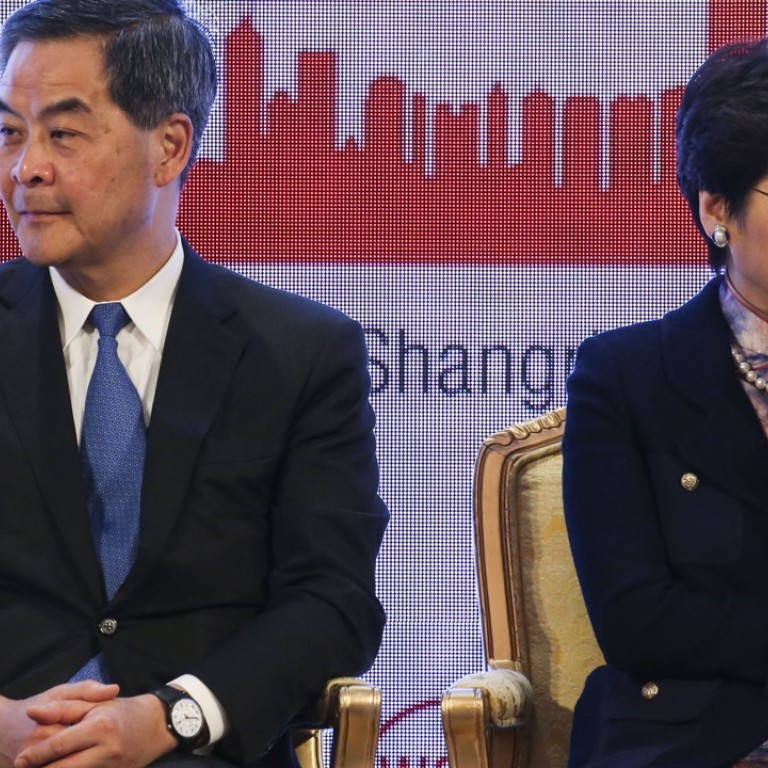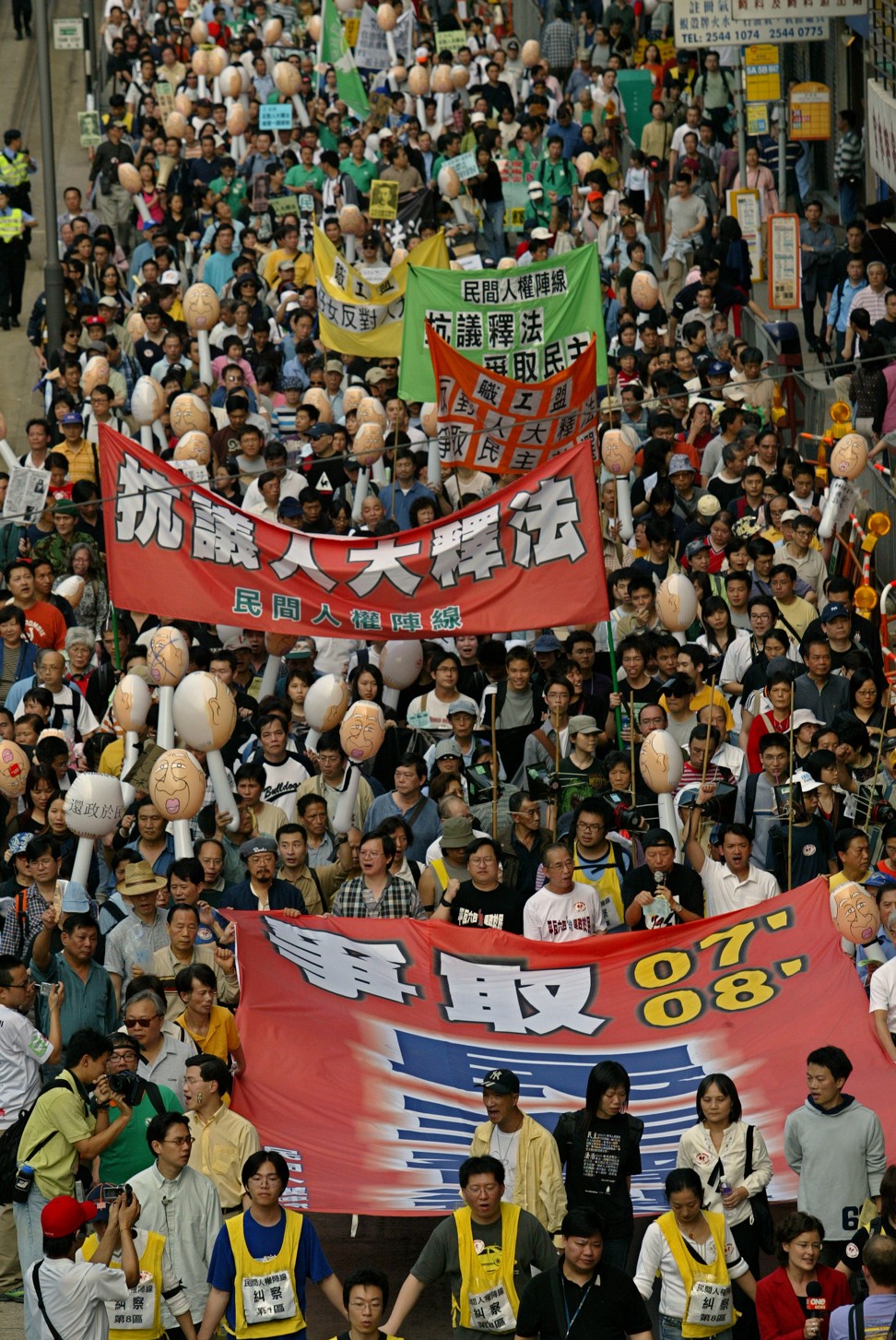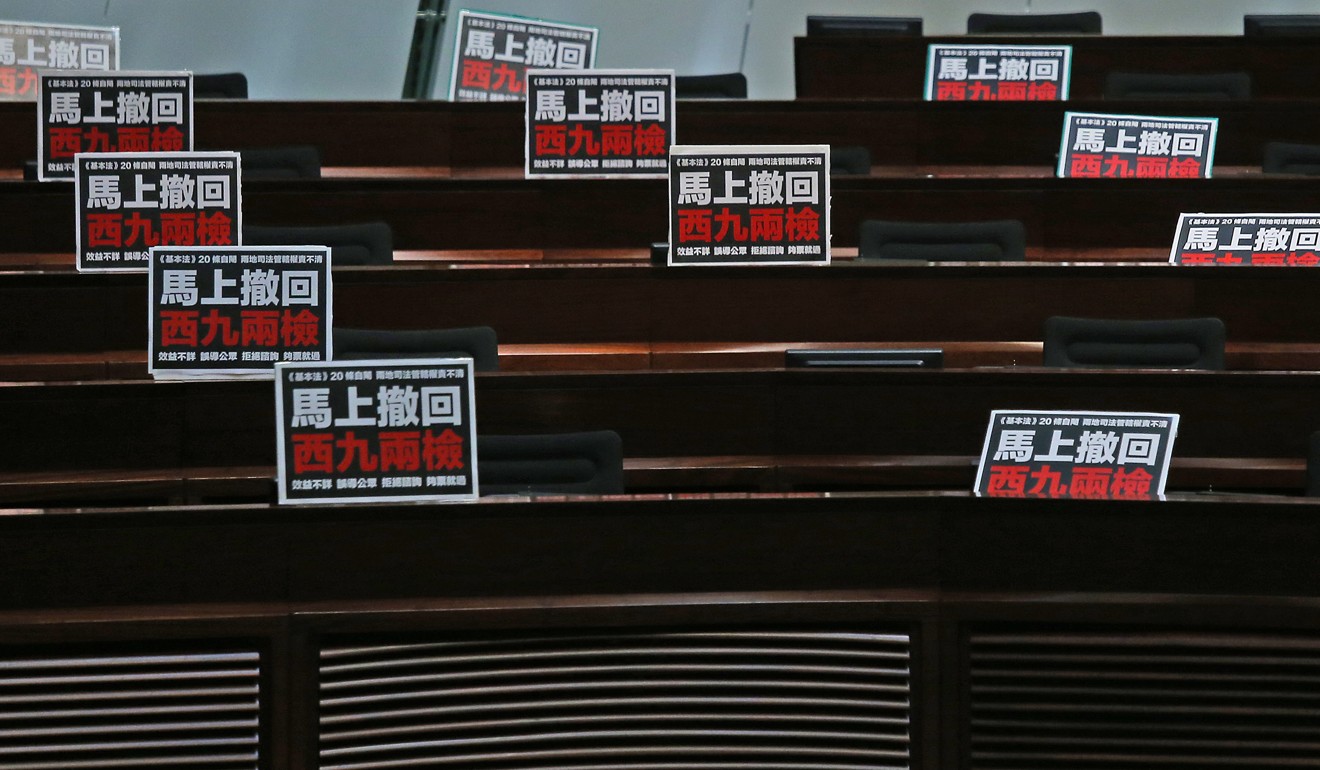
How ‘one country, two systems’ is tearing Beijing and Hong Kong further apart
Michael Chugani says cross-party fraternity in Hong Kong politics, as sought by Carrie Lam, is a fantasy, as it would be political suicide for the opposition to cosy up to the establishment in such a polarised society
I knew at the time only those living in never-never land would believe in such fantasy. Reconciliation will never happen because Lam’s wish would be a death wish for the opposition. That’s why even her charm offensive didn’t win her a political honeymoon.
Don’t be lulled into thinking last week’s overtures by some opposition legislators signalled an end to acrimony with the establishment.
They are the opposition and will remain so in perpetuity
To understand why it’s political suicide for the opposition to cosy up to the establishment, we must first accurately define its members. We have inaccurately labelled them as pan-democrats or pro-democracy. They are the opposition and will remain so in perpetuity under our executive-led government.
When the constitution doesn’t allow you a crack at governing, the only path to votes in a highly polarised society is to oppose.
Our first post-handover chief executive, Tung Chee-hwa, found that out the hard way.
A businessman turned political leader who foolishly believed Hongkongers would patriotically unite upon freedom from the chains of colonial rule, he was driven from office when half a million took to the streets.

Not only did the opposition reject that as political trickery, they also demonised the Democratic Party as traitorous for sealing the deal with Beijing.
When Leung replaced Tsang, he reached out too – by offering dialogue with opposition political parties. Not only were his offers spurned, thousands marched to call for him to be ousted on the day he was sworn in.
‘When will you die?’ Pan-democrat hatred of Leung Chun-ying touches new low

A loose political grouping of factions, ranging from extreme to moderate, Hong Kong’s opposition can occupy streets, riot, hurl missiles at officials, and advocate independence, yet garner up to 60 per cent of the popular vote.
The opposition has successfully planted the impression that [‘one country, two systems’] is now failing
To understand why, we must accept that the fault line of our polarised society lies not in Hong Kong but in the “one country, two systems” formula.
The two sides are just too different. It is a Hong Kong tragedy. Maybe in time, enough people will wake up and see the reality that we must seduce rather than spurn Beijing. An embattled Carrie Lam said last week the sun will soon come out after the rain. No, it won’t.
Michael Chugani is a Hong Kong journalist and TV show host

